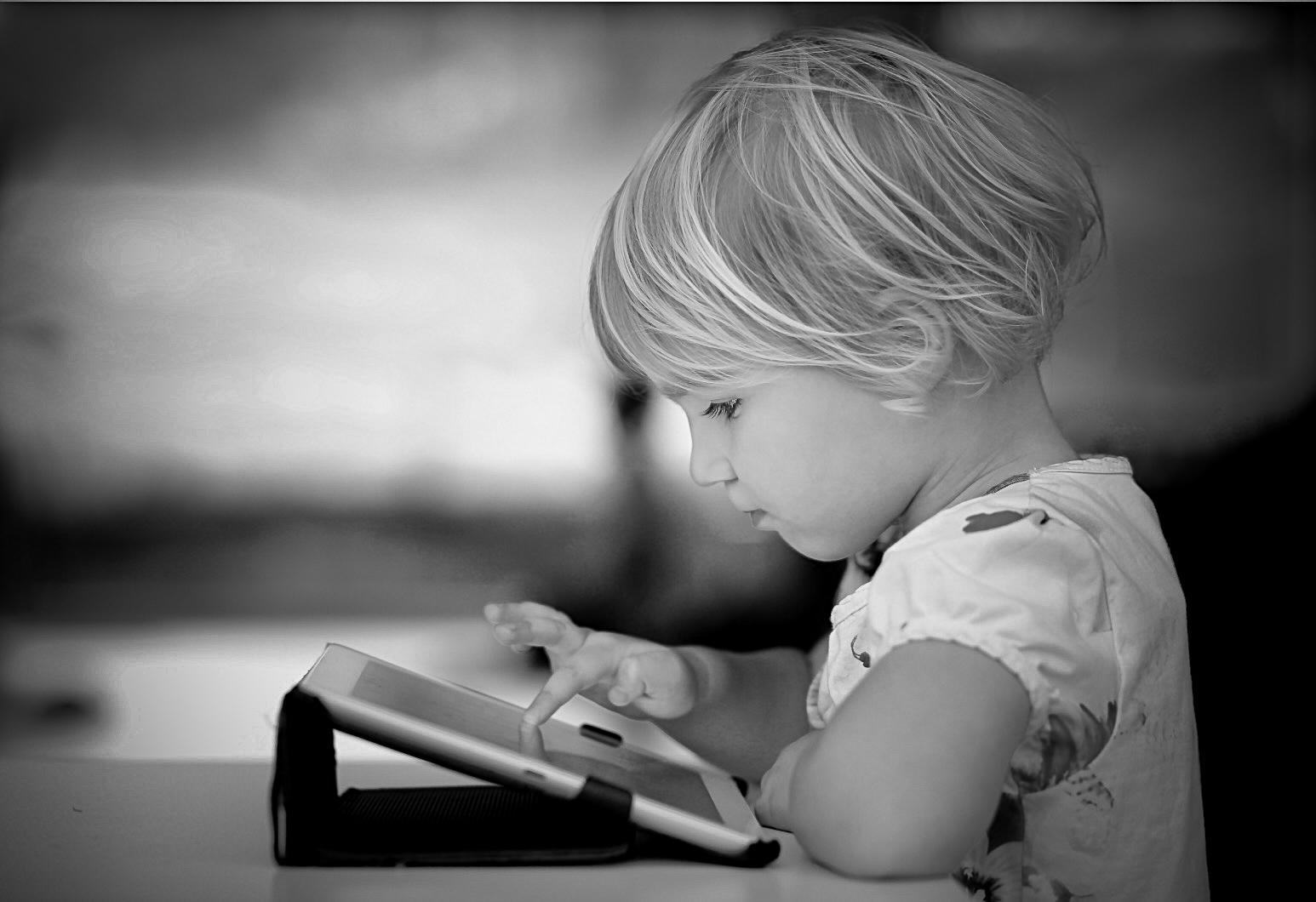In today’s fast-paced world, helping your child develop healthy social skills is more important than ever. As parents, we understand that guiding our children through the complexities of social interactions can be both rewarding and challenging. It’s not just about teaching them to share their toys or say “please” and ”thank you.” It’s about nurturing their ability to connect with others, empathize, and communicate effectively. In this article, we’ll explore practical and compassionate strategies to support your child’s social development, ensuring they grow into confident, empathetic individuals. Whether your child is naturally outgoing or more reserved, these insights will help you foster an environment where they can thrive socially, building connections that will benefit them throughout their lives.
Understanding the Importance of Social Skills in Childhood
Social skills are the building blocks for a child’s future interactions, shaping how they connect, communicate, and build relationships. Nurturing these skills during childhood is crucial as it helps in developing empathy, cooperation, and problem-solving abilities. As parents and caregivers, your role is pivotal in guiding children towards forming healthy social habits.
Here are some ways you can support your child in this journey:
- Model Positive Behavior: Children learn by observing. Displaying kindness, active listening, and respectful communication in your interactions sets a powerful example.
- Encourage Playdates: Organizing regular playdates allows children to practice social skills in a comfortable environment. It helps them learn sharing, negotiation, and conflict resolution.
- Discuss Emotions: Teach children to express their feelings with words. Conversations about emotions can help them understand their own and others’ perspectives better.
| Activity | Social Skill Developed |
|---|---|
| Storytelling | Communication & Listening |
| Group Games | Teamwork & Cooperation |
| Role-Playing | Empathy & Understanding |

Encouraging Empathy and Active Listening in Your Child
Fostering empathy and active listening in children can transform their social interactions and relationships. Begin by modeling these behaviors yourself. Children learn by example, so when they see you listening attentively and showing understanding towards others, they are more likely to mimic these actions.
- Discuss emotions: Encourage your child to talk about their feelings and recognize the emotions of others. Ask questions like, “How do you think your friend felt when that happened?”
- Practice reflective listening: Teach your child to repeat back what someone has said to confirm understanding. For instance, “So you’re saying you felt sad because…?”
- Role-playing: Engage in role-playing activities where your child can practice responding to different emotional scenarios.
To reinforce these skills, consider setting up a simple empathy and listening chart at home:
| Day | Empathy Practice | Active Listening Practice |
|---|---|---|
| Monday | Share a story about a time you felt a strong emotion. | Listen to a family member’s story and ask questions. |
| Wednesday | Write a thank you note to someone who helped you. | Watch a short video and discuss the characters’ feelings. |
| Friday | Volunteer to help a friend or family member with a task. | Read a book together and talk about the characters’ perspectives. |
By integrating these practices into daily life, your child can gradually develop a deeper understanding and appreciation for the feelings and experiences of others, enhancing their social skills significantly.

Creating Opportunities for Positive Social Interactions
One of the most effective ways to help your child develop healthy social skills is by creating an environment that encourages positive interactions. Children thrive when they feel supported and understood, and as a parent, you can play a pivotal role in facilitating these connections. Here are some strategies to consider:
- Organize Playdates: Regularly arrange playdates with a variety of peers. This not only helps your child build friendships but also teaches them how to navigate different social dynamics.
- Encourage Group Activities: Enroll your child in group activities like sports teams, art classes, or music groups. These settings provide structured opportunities for children to collaborate and communicate effectively.
- Model Positive Behavior: Demonstrate empathy, active listening, and conflict resolution in your own interactions. Children learn a lot by observing how adults handle social situations.
Additionally, you can create opportunities for your child to practice social skills through simple daily interactions. Whether it’s saying thank you to the cashier or greeting neighbors, these small exchanges can build confidence and competence in social settings. Here’s a quick guide to integrating these practices into daily life:
| Scenario | Social Skill |
|---|---|
| At the grocery store | Practicing patience while waiting in line |
| During family meals | Engaging in conversation and active listening |
| In the playground | Sharing and taking turns with others |
Remember, every child is unique and may require different approaches to thrive socially. Encourage your child to express their feelings and thoughts openly, and provide them with the reassurance that it’s okay to make mistakes and learn from them. Your support and guidance are key in helping them navigate the complex world of social interactions.

Guiding Your Child Through Conflict Resolution with Compassion
When conflicts arise, it’s an opportunity for your child to learn valuable social skills. Encourage them to approach these situations with empathy and understanding. Start by helping them to identify their emotions and those of others involved. This awareness is the first step in developing compassion and empathy. Encourage open-ended questions like, “How do you think your friend feels about what happened?” to foster understanding.
Guide your child in finding peaceful solutions by focusing on active listening and effective communication. Teach them to listen attentively without interrupting, which shows respect for the other person’s perspective. Use role-playing exercises to practice these skills. You might say, ”Let’s pretend I’m your friend. How would you explain your feelings to me?” This exercise can help them articulate their thoughts clearly and calmly.
- Encourage the use of “I” statements to express feelings without blaming others.
- Model empathy by acknowledging their feelings and showing understanding.
- Promote collaborative problem-solving by brainstorming solutions together.
| Situation | Compassionate Approach |
|---|---|
| Disagreement with a friend | Listen to each other’s perspectives and find common ground. |
| Feeling left out | Discuss feelings openly and seek inclusion strategies. |








































